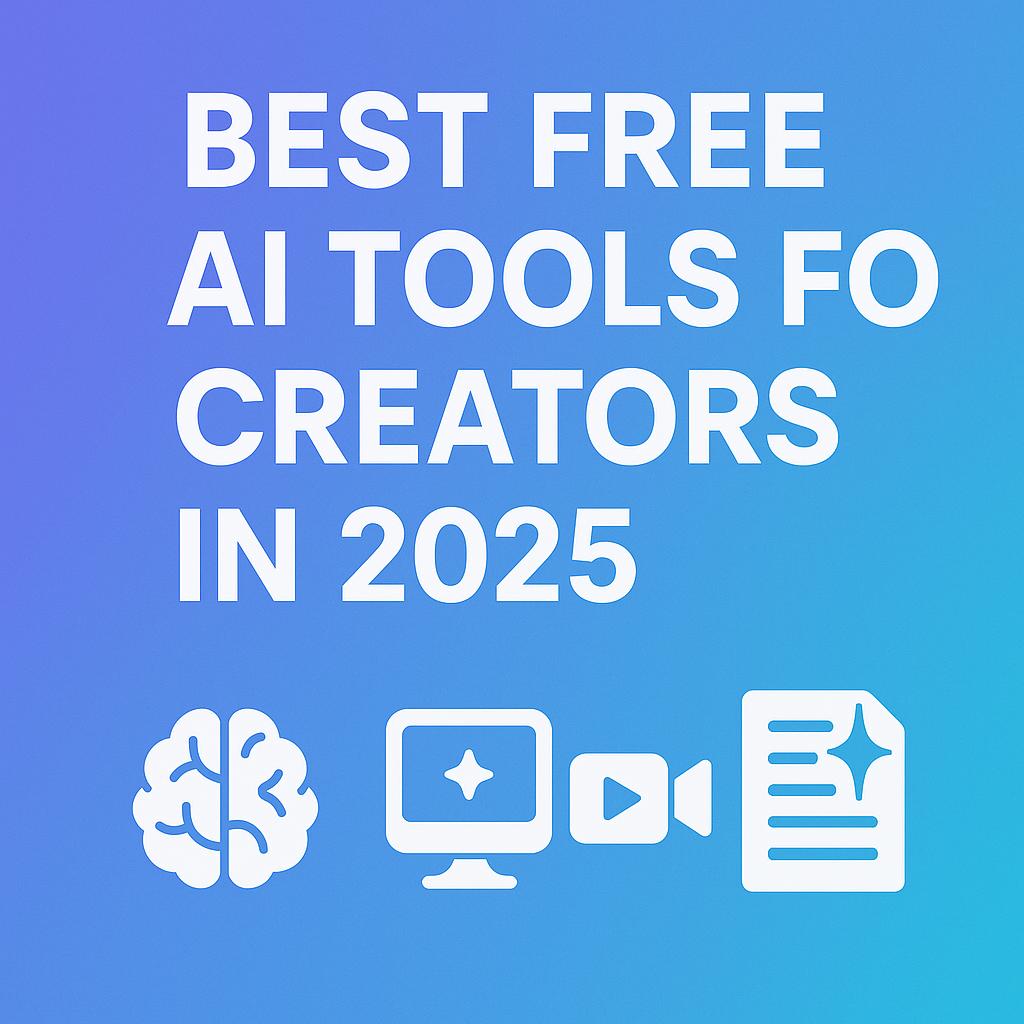The biggest news in AI this week, that you might have missed!

Google AI Researchers Achieve Breakthrough in Protein Design
In a remarkable feat, Google AI researchers have made a groundbreaking breakthrough in protein design by developing a novel method capable of designing proteins with specific desired properties. This groundbreaking achievement holds immense potential for revolutionizing the field of protein engineering, paving the way for the development of novel drugs and therapies for a myriad of diseases.
The newly developed method leverages the power of artificial intelligence to precisely design protein structures tailored to specific functions. This groundbreaking approach promises to overcome the limitations of traditional protein design methods, enabling the creation of proteins with enhanced efficacy and specificity.

OpenAI Releases Novel Dataset for Evaluating Language Models
OpenAI, a leading AI research organization, has unveiled BANNL, an innovative dataset designed to evaluate the capabilities of language models. BANNL stands for OpenAI Benchmark for Natural Language Processing, and it encompasses a comprehensive set of tasks to assess the performance of language models in various aspects of natural language processing.
The release of BANNL addresses a critical need in the field of AI, providing a standardized and rigorous benchmark for evaluating language models. By utilizing BANNL, researchers and developers can effectively compare and assess the performance of different language models, fostering advancements in natural language processing.

AI21 Labs Unveils Inflection AI Platform
AI21 Labs, a pioneering AI research company, has introduced Inflection AI, a comprehensive AI platform designed to streamline the development and deployment of AI applications. Inflection AI offers a suite of tools and services, including a pre-trained LLM (large language model), a model deployment tool, and a data management tool.
Inflection AI caters to the needs of developers at all levels of expertise, providing a user-friendly platform that simplifies the process of building, deploying, and managing AI applications. This platform empowers developers to leverage AI effectively, accelerating the adoption of AI across various industries.

IBM Research Develops New AI Technique for Predicting Protein Structure
IBM Research has made a significant contribution to protein science by developing a new AI technique for predicting protein structure. This innovative approach utilizes AI algorithms to analyze protein sequences and accurately predict their corresponding three-dimensional structures.
The ability to accurately predict protein structure is crucial for understanding protein function and developing new therapies. IBM Research's new AI technique holds immense potential for accelerating drug discovery and advancing our understanding of protein-related diseases.












